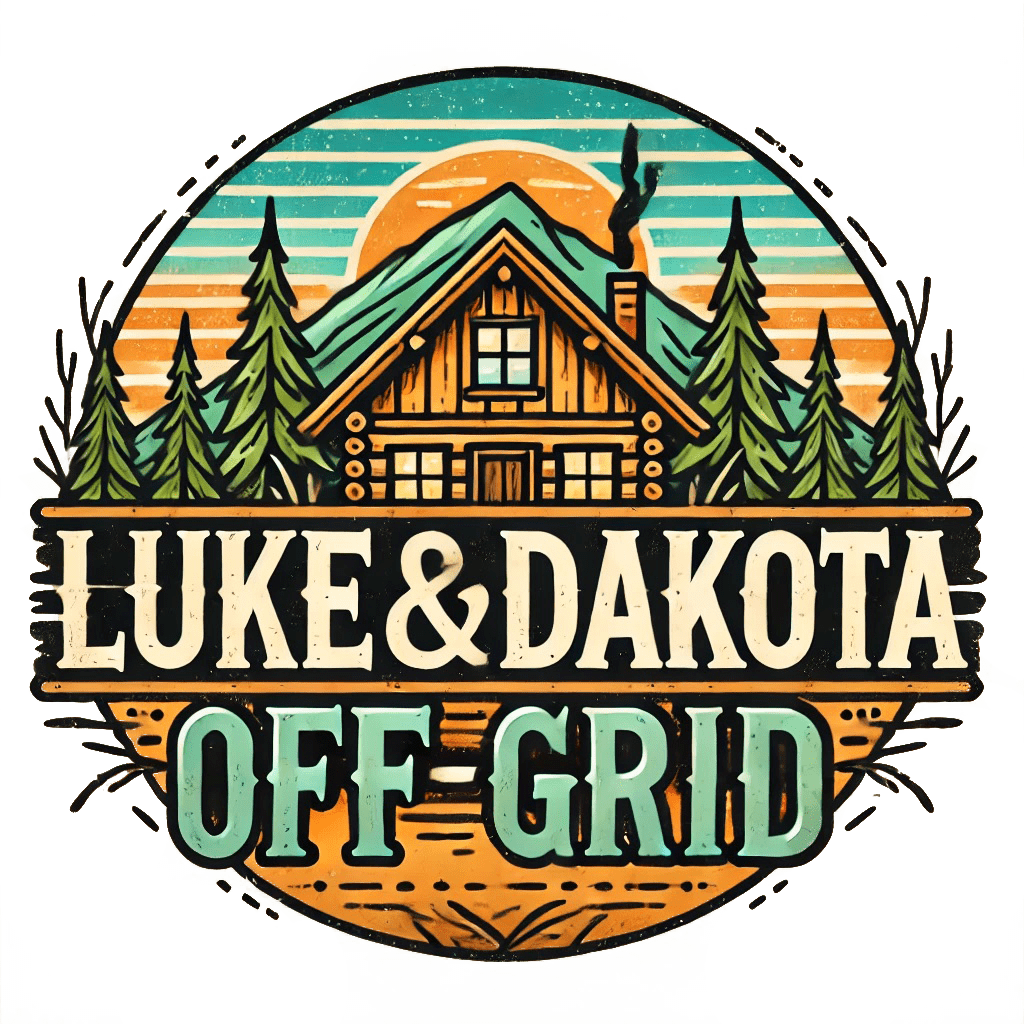Living off the grid is synonymous with independence, self-sufficiency, and harmony with nature. However, it doesn’t have to mean giving up modern conveniences. Enter Artificial Intelligence (AI)—a transformative technology that can simplify and enhance the off-grid lifestyle. Whether it’s optimizing energy use, automating gardening, or enhancing security, AI brings the best of modern innovation to the world of sustainable living.
In this blog post, we’ll explore how you can integrate AI into your off-grid setup, the benefits it offers, and the tools to get started.
Why AI and Off-Grid Living Go Hand-in-Hand
AI is designed to optimize efficiency, conserve resources, and simplify tasks—all of which are essential for off-grid living. By leveraging AI, homesteaders can:
- Optimize energy and water use.
- Enhance productivity through automation.
- Improve safety and security in remote locations.
- Adapt quickly to changing environmental conditions.
AI empowers you to live more sustainably while reducing manual effort, leaving you free to enjoy the rewards of an off-grid lifestyle.
1. Energy Management with AI
One of the biggest challenges of off-grid living is managing energy efficiently. AI can take the guesswork out of energy consumption and production.
Smart Energy Monitoring and Optimization
AI systems, such as Tesla Powerwall or similar tools, can analyze your energy usage patterns and adjust accordingly. They determine when to store energy, when to conserve it, and how to allocate it to different systems.
Weather Prediction for Renewable Energy
AI-driven tools can forecast weather conditions, helping you prepare for cloudy days with limited solar output or windy days ideal for turbines.
DIY Example:
Install a smart energy management app that syncs with your solar system to monitor battery levels and provide real-time suggestions for conserving energy.
2. AI in Gardening and Food Production
Growing your food off the grid requires precision and effort, but AI can make it significantly easier and more efficient.
Automated Greenhouse Management
AI systems can monitor and control temperature, humidity, and light in greenhouses, ensuring optimal conditions for plants. Tools like FarmBot even automate planting, watering, and weeding.
Pest Detection and Plant Health Monitoring
AI-powered cameras and apps can identify pests and diseases early, suggesting organic remedies to protect your crops.
Efficient Irrigation Systems
AI-integrated irrigation systems like Netafim use sensors to provide the right amount of water at the right time, conserving water while maximizing yields.
3. Enhancing Security with AI
Living off the grid often means residing in remote areas where security can be a concern. AI technology offers peace of mind with advanced surveillance and detection systems.
Smart Cameras and Motion Sensors
AI-enabled cameras can differentiate between animals, humans, and environmental factors like wind, reducing false alarms. Some systems even alert you in real-time if they detect unusual activity.
Wildlife Monitoring
AI tools can help track nearby wildlife, protecting your crops and livestock from potential threats.
4. AI for Water Management
Water is one of the most critical resources for off-grid living, and AI can help manage it sustainably.
Rainwater Harvesting Optimization
AI systems can predict rainfall and ensure water storage systems are used efficiently. For example, they can redirect excess water to secondary storage or irrigation.
Water Filtration and Quality Monitoring
AI-powered filtration systems can test water quality in real-time and make adjustments to ensure it’s safe for consumption.
5. Waste Management and Composting
AI tools can optimize composting by monitoring moisture, temperature, and microbial activity. This ensures your compost is nutrient-rich and ready for your garden.
DIY Example:
Use a compost monitor app to track the conditions of your compost pile and get alerts when adjustments are needed.
6. AI for Emergency Preparedness
Remote living requires you to be prepared for emergencies, and AI can help you stay one step ahead.
Disaster Prediction and Alerts
AI can monitor weather data and issue early warnings for storms, wildfires, or floods, giving you time to secure your homestead.
Backup Power Management
AI systems can prioritize essential devices during power outages, ensuring critical systems remain operational.
7. Learning and Skill Development
AI tools aren’t just for automating tasks—they can also teach you new skills. Platforms like Udemy or YouTube’s AI-curated recommendations can guide you in learning everything from permaculture principles to solar system maintenance.
Potential Challenges of Using AI Off the Grid
While AI offers numerous benefits, it’s important to consider potential challenges:
- Power Requirements: Some AI systems require constant electricity, so you’ll need a reliable renewable energy setup.
- Connectivity: Remote locations may lack consistent internet access, which is necessary for some AI tools. Look for offline-capable systems when possible.
Top AI Tools for Off-Grid Living
Here are some AI-powered tools you can integrate into your off-grid lifestyle:
- SolarEdge – AI-driven solar energy optimization.
- FarmBot – A fully automated gardening system.
- Deep Sentinel – AI-powered security cameras for remote areas.
- Netafim – Smart irrigation systems for water conservation.
Conclusion: The Future of Off-Grid Living with AI
AI technology offers off-grid enthusiasts an incredible opportunity to enhance their lifestyle while staying sustainable. By integrating AI into energy management, gardening, water use, and security, you can enjoy greater efficiency, independence, and peace of mind.
Ready to embrace the future? Start small—experiment with a single AI tool, such as a smart irrigation system or energy monitor, and build from there. The off-grid lifestyle is evolving, and with AI, it’s smarter than ever.
FAQs
How can AI help with off-grid energy management?
Can AI be used to automate gardening off the grid?
How does AI improve security for off-grid living?
Do AI tools work in remote off-grid locations?
What are the best AI tools for off-grid living?
Some top AI tools include:
- SolarEdge for optimizing solar energy systems.
- FarmBot for automated gardening.
- Deep Sentinel for smart security.
- Netafim for AI-driven irrigation.
These tools enhance efficiency, reduce manual labor, and support sustainability.

